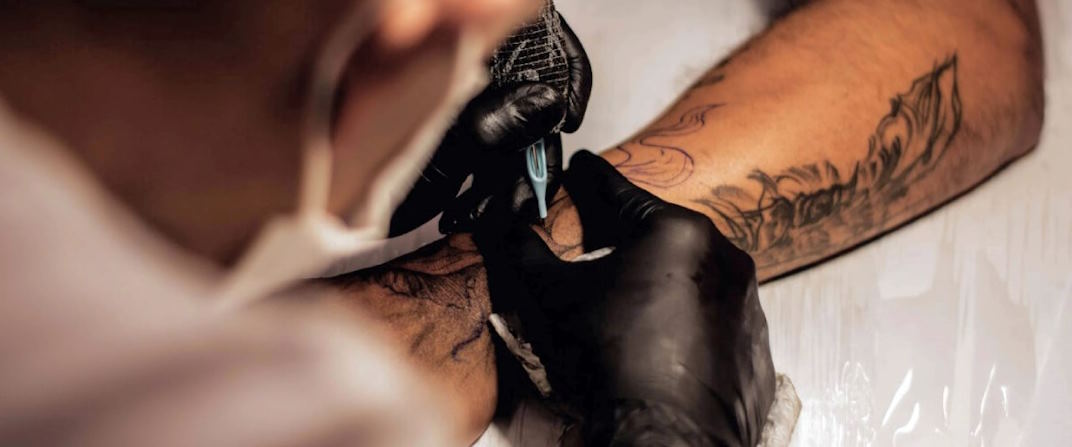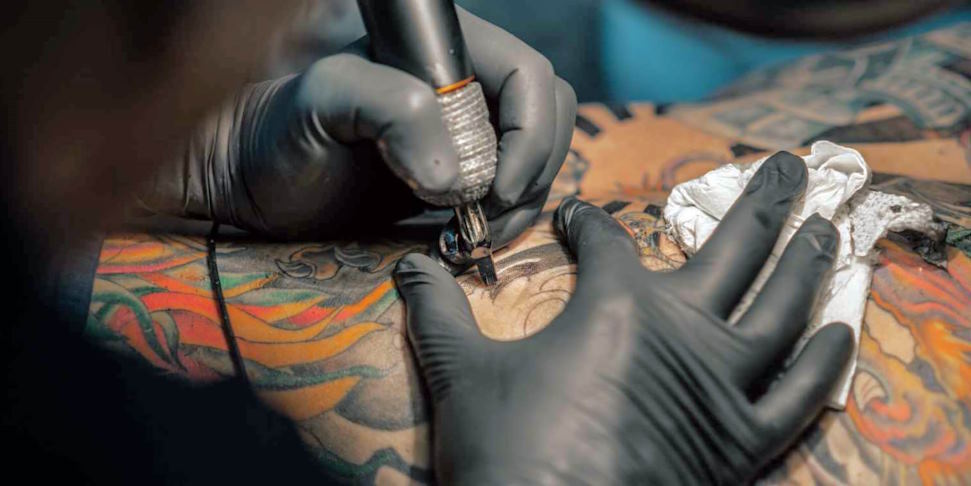Once relegated to the realm of rebels and outcasts, tattoos have experienced a remarkable transformation journey in recent years. What was once perceived as a symbol of defiance against societal norms has evolved into a mainstream form of self-expression embraced by people from all walks of life? This evolution can be attributed to various factors, including changing attitudes toward artistic expression, the influence of celebrities and social media, shifting workplace norms, and generational shifts.
The Rise of Tattoos as Artistic Expression
In today’s society, tattoos are no longer merely ink on the skin; they are celebrated as legitimate works of art. Tattoo artists are now regarded as skilled artisans, their studios akin to galleries where clients collaborate to turn their bodies into living canvases. This elevation of tattooing to an art form has been facilitated by advancements in technology, such as improved tattoo machines and pigment quality, allowing for greater design precision and detail. Moreover, the diversity of tattoo styles—from traditional American and Japanese motifs to intricate geometric patterns and watercolor techniques—provides individuals with many options to express their unique personalities and aesthetic preferences through body art.

Celebrity Influence and Social Media Culture
The influence of celebrities and social media cannot be overstated in shaping the perception of tattoos in contemporary culture. Icons from music, film, sports, and fashion proudly display their ink, often garnering widespread admiration and emulation from fans. This visibility has normalized tattoos, erasing the stigma once associated with them and paving the way for their mainstream acceptance. Social media platforms like Instagram, TikTok, and Pinterest have further democratized tattooing. They serve as virtual galleries where individuals can showcase their ink, connect with like-minded enthusiasts, and discover new artists and styles. The ability to share tattoo experiences and stories online has fostered a sense of community among tattoo enthusiasts, transcending geographical boundaries and cultural differences.
In conclusion, tattoos’ evolution from rebellion symbols to mainstream acceptance reflects a broader cultural shift toward embracing individuality and self-expression. As tattoos continue to evolve and diversify, they will remain a vibrant and enduring aspect of contemporary culture, serving as personal statements and reflections of the zeitgeist. Whether commemorating significant life events, expressing cultural identity, or simply appreciating aesthetic beauty, tattoos have become timeless symbols of human creativity and individuality.


